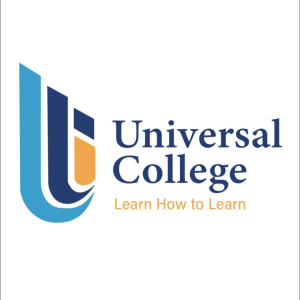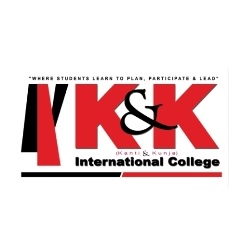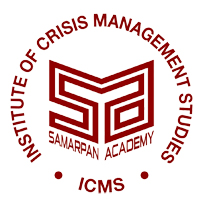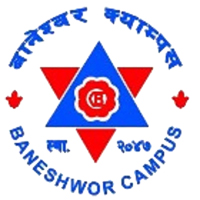Overview
MA English at GoldenGate International College, Battisputali, Kathmandu
MA English at GoldenGate International College, Battisputali–Old Baneshwor, Kathmandu, follows Tribhuvan University’s semester framework.
The course brings literary studies, theory, linguistics, and research practice into a clear two-year path. Your reading, discussion, and writing move through seminars and guided supervision, so you learn to argue with evidence and present ideas that hold up in review.
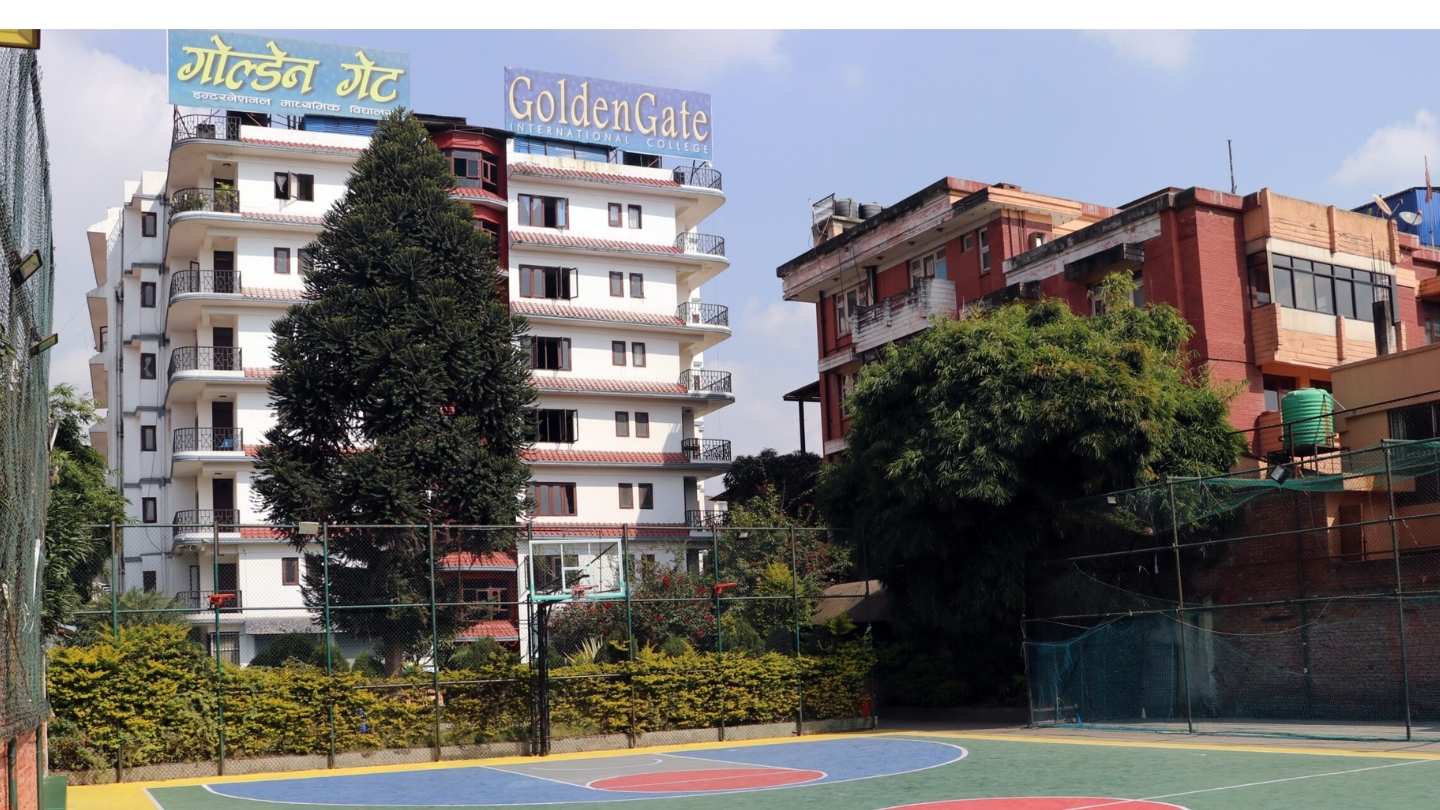
Highlights
Affiliation: Tribhuvan University
Duration: 2 years (4 semesters)
Academic Area: Literary theory and criticism, British and World literature, Nepali literature in translation, linguistics, research methodology, optional ELT focus
Location: Battisputali, Kathmandu
Evaluation: Continuous assessment plus TU semester examinations and viva where applicable
Learning Support: Department seminars, reading circles, library access, citation clinics, and faculty mentoring
Curriculum Details
Early semesters revisit literary history and core theory. Students examine close reading, narrative technique, poetic form, and drama. Sessions compare texts across periods and cultures to build range without losing attention to detail.
Midway through the program, modules branch into theory schools, linguistics, translation studies, and specialized genres. A seminar format encourages short papers, peer review, and structured discussion. You will practice citation styles and learn how to track claims back to primary and secondary sources.
Final semesters lead to research design, proposal development, supervised writing, and oral defense. Students assemble a portfolio that may include a dissertation or project report, annotated bibliographies, and conference-style presentations.
Objectives
-
Conceptual Strength: Build command of major literary movements and critical frameworks.
-
Textual Skill: Parse form, language, and context to support claims with evidence.
-
Research Habit: Plan questions, select methods, and manage sources responsibly.
-
Academic Writing: Produce clear arguments with correct citation and polished style.
-
Pedagogic Awareness: Prepare lesson plans and assessment tools if you choose an ELT pathway.
Scope
Graduates move into teaching at secondary and higher levels where eligibility conditions are met. Editorial work, content development, arts administration, and research assistance remain viable paths. Students who seek further study aim for MPhil/PhD or specialized certificates in linguistics, translation, or teaching.
Learning Outcomes
-
Critical Reading: Explain how a text constructs meaning through voice, structure, and imagery.
-
Comparative Insight: Place Nepali and global texts in conversation, noting influence and difference.
-
Method Use: Apply theory judiciously rather than by label; justify method choices in writing.
-
Academic Integrity: Track notes, guard against patchwriting, and maintain transparent references.
-
Presentation: Deliver focused talks, handle Q&A calmly, and refine slides or handouts.
Skill Development Modules
-
Research Methods: Topic selection, proposal writing, annotation, and literature mapping.
-
Academic Writing: Thesis statements, paragraph coherence, revision cycles, and style sheets.
-
Linguistics Basics: Phonology, syntax, semantics, and discourse tools for text analysis.
-
ELT Option: Lesson planning, assessment design, error analysis, and classroom observation.
-
Editorial Practice: Copyediting symbols, fact-checking steps, and proof stages.
Teaching Methodology
Classrooms run on seminar discussion, short lectures, workshops, and one-to-one supervision. Internal assessment uses response papers, presentations, quizzes, and draft reviews. Final grading follows Tribhuvan University’s semester examinations and dissertation or project evaluation.
Admission Requirements
Eligibility: Bachelor’s degree that meets Tribhuvan University criteria for MA English entry
Entrance: Department/college process as announced for the intake
Selection: Merit ranking, counseling or interview where scheduled, and document verification
Documents: Bachelor transcripts, character certificate, recent photos, identification, and equivalence if applicable
Advisory: Applicants from other universities complete equivalence procedures before admission
Career Opportunities
Typical Roles: English lecturer/teacher (as per rules), editor or copyeditor, content writer, communication officer, research assistant, arts/culture program staff
Work Settings: Colleges and schools, publishing houses, media rooms, NGOs/INGOs, cultural centers, and research units
Progression: MPhil/PhD, teacher licensure or subject training, certificates in translation/ELT where entry rules fit
Scholarships and Financial Aid
Categories: Merit by results, entrance performance, inclusion categories, community-school background, and recognized ECA/sports
Renewal: Continuation based on academic performance and program rules
Tip: Keep transcripts and certificates organized; check notice boards and website updates for deadlines
Why Choose This Course?
Depth with Discipline: Reading lists, theory seminars, and writing labs help you grow precise habits.
Guided Research: Supervision and citation clinics reduce guesswork when drafting chapters.
Teaching Option: Lesson design and assessment practice assist students who aim for classroom roles.
Transferable Skills: Clear writing and analytical thinking serve many sectors beyond academia.
Conclusion
MA English at GoldenGate International College strengthens how you read, write, and teach. Students learn to argue from evidence, document sources, and speak to varied audiences. Steady reading, careful drafts, and punctual submissions shape success across all four semesters.
FAQ
Is the program under Tribhuvan University?
Yes. The course follows Tribhuvan University’s semester framework.
How long is the program?
Two years across four semesters.
Does admission include an entrance step?
Yes. Applicants follow the process announced for the intake.
Is a dissertation required?
A dissertation or project appears in the final semesters under supervision.
What roles suit graduates?
Teaching, editing, content development, research support, and culture sector roles.



